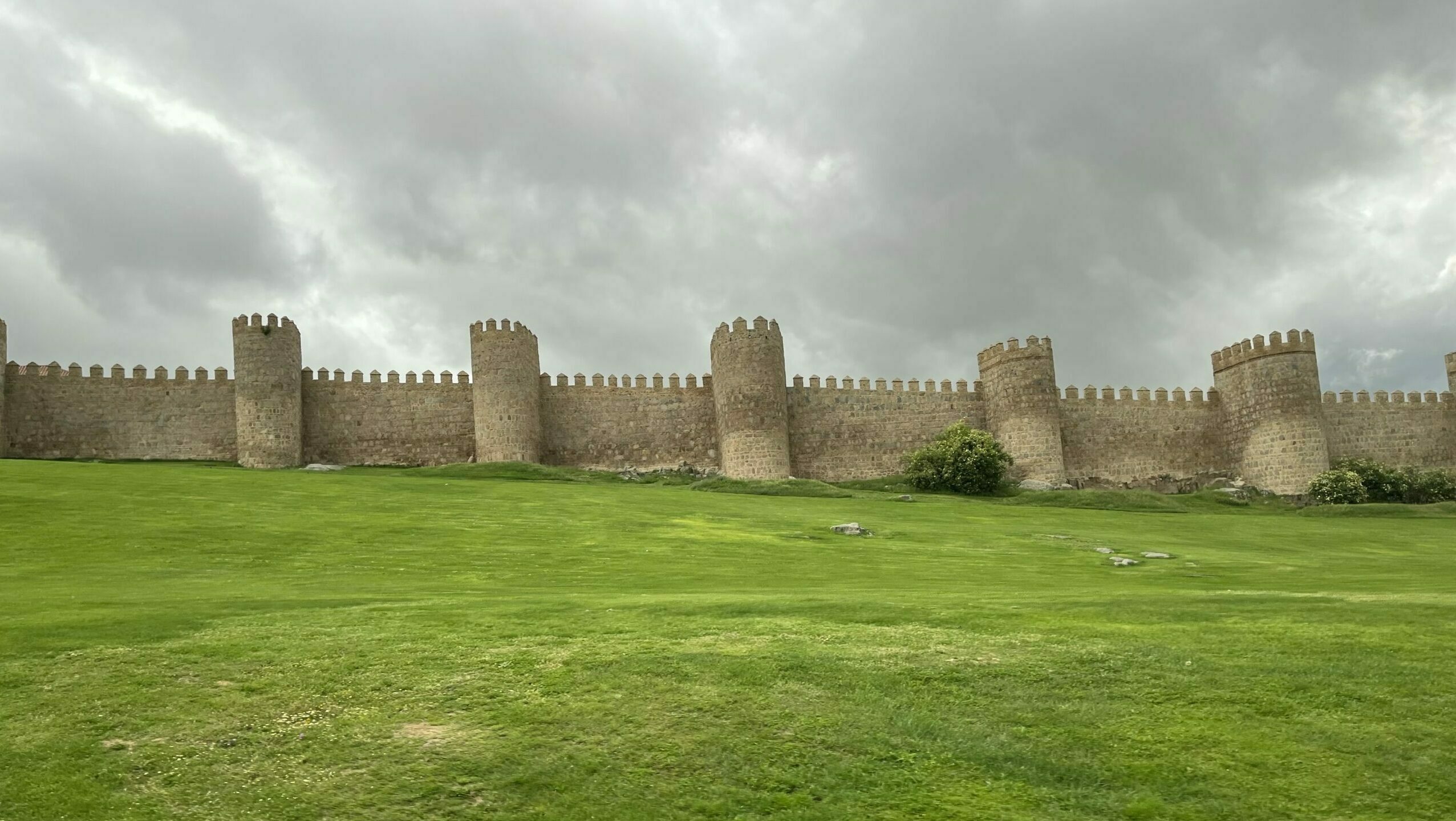It hath also seemed good to the holy Synod, to subjoin, to the preceding doctrine on penance, the following on the sacrament of Extreme Unction, which by the Fathers was regarded as being the completion, not only of penance, but also of the whole Christian life, which ought to be a perpetual penance.—Council of Trent, Chapter 14, On the Sacrament of Extreme Unction, Second Session.
The key words I want to focus on from Trent above is that “the whole Christian life…ought to be a perpetual penance.” Why does this sound distasteful to even traditional Catholics?
First, even good Catholics today tend to see Christianity through a post-Protestant-revolt lens. One of the aspects of this is that when we hear the word “repentance,” we tend to think of shame in regards to ethics instead of a relationship. For the Protestant today, “repentance” usually means a man runs to make an altar call when he wants to give his life to Jesus and leave his former life behind. For the Catholic today, “repentance” usually means a man runs to the confessional after committing a shameful mortal sin. Notice that both connotations are morality-based. Of course, one needs repentance to make a good confession, so I’m not ripping on that definition. It’s not entirely bad, but something is missing.
Christianity in the first Millennium understood penance not through the eyes of staccato ethics-based events but rather this: Penance is a lifetime of returning to God. It is a pilgrimage of exile and return. Penance for Catholics in the West and the East in the first thousand years of Christianity did not have the same somber-shame connotation that we find in it today. Penance was a pilgrimage of walking with Jesus back to the Father. I know that last sentence might look like a sappy-modernistic line, but here’s how it is different from modernism: I’m not walking with Jesus as an equal. He is God. I am not. I am very sorry for my sins, but at the same time I know He loves me. On this pilgrimage of life, He is my friend, but He is first my God and I am only a poor sinner that He has created. This is a return from this “valley of tears” to the “eternal home.” I walk from exile in this false world to the eternal world, and I should be joyful this isn’t my true home.
We who battle original-sin are always attempting to return to God, at least as long as we are in this land-of-exile. And so we must “die daily” as St. Paul said. Thus, an entire life of pilgrimage-penance is not just for great-sinners, but even for great-saints:
But we have this treasure in jars of clay, to show that the surpassing power belongs to God and not to us. We are afflicted in every way, but not crushed; perplexed, but not driven to despair; persecuted, but not forsaken; struck down, but not destroyed; always carrying in the body the death of Jesus, so that the life of Jesus may also be manifested in our bodies. For we who live are always being given over to death for Jesus’ sake, so that the life of Jesus also may be manifested in our mortal flesh. So death is at work in us, but life in you.—2 Cor 4:7-12
In fact, even Mary said this to Venerable Mary of Agreda: “I had no share in original sin and none of its effects had any power over my faculties; nevertheless I lived in the greatest constraint, in poverty and detached from earthly things, most perfect and holy; and this holy freedom I did indeed experience at the hour of my death.”—The Mystical City of God, p. 2599. Notice that Mary had no sin, but she still lived “in the greatest constraint” here on earth. How much more should we who have sinned (so many times!) live what the Council of Trent calls for: “The whole Christian life… ought to be a perpetual penance.”
When supernatural hope and charity is the central part of this penance-based life, the notion of a “lifetime of penance” does not sound shame-filled or ethics-based. Neither is it rigorist or Jansenistic. Life rather becomes a bittersweet pilgrimage walking with Your Savior to the Blessed Trinity, knowing you are not worthy to walk with Him, knowing you can trip at any moment. But still you are confident in the finish-line: By this is love perfected with us, so that we may have confidence for the day of judgment, because as He is, so also are we in this world.—1 John 4:17-18a

